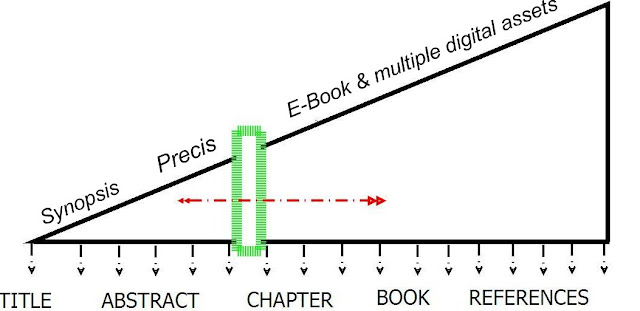Fig. 1. Lettuce Soup
A glut of lettuce is made into lettuce soup.
So simple. So refreshing cold. I goodle 'lettuce soup' then pick from the BBC recipes. Or Delia.
- A lettuce
- A cucumber
- Two bunches of spring onions
- A couple of potatoes
Do the soup thing.
Lettuce washed, spun, shredded. Cucumber diced. Spring onions chopped. Potatoes peeled and chopped.
Sweat in a pan with a little olive oil, then add a couple of pints of stock.
Season
Blend
Serve
That's it.
Repeat the recipe a couple of times and the lesson is fixed. It doesn't freeze well. Making your own stock is a right palarva - well worth it, but time consuming. This can be frozen. With vegetarians in the house I make up three batches of stock simultaneously:
Beef - with bones from the butcher, an onion, carrot, potato, bouquet garni.
Chicken - from the Sunday roast, as above.
Vegetable - roast a variety of root vegetables with onion, then slow cook in a couple of pints of water with bouquet garni and seasoning.
The problem I find is that the homemade stock is irresistibly good and is gone in the first serving, with seconds ...
Dealing with the rocket glut by making it into pesto with chillies.
Any ideas for knotweed?
On the learning front, very tedious. I read through a small stack of books using those slithers of PostIt notes, then transfer the notes and quotes to an exercise book: longhand. Finally, as I am about to do I type these up, sifting and editing further into a Two Column Google Doc - first column the text, second column the all important reference. There is nothing more draining to find later that you cannot find the right reference for an idea or quote that you want to use in an essay. p. for page number. KL. for 'Kindle Location'. I have yet to see advice on the best way to reference from an eBook version of a publication. I go with the principle, which is to show with precision clarity if and where your ideas and facts having knowing come from someone else - which is just about always, surely?

